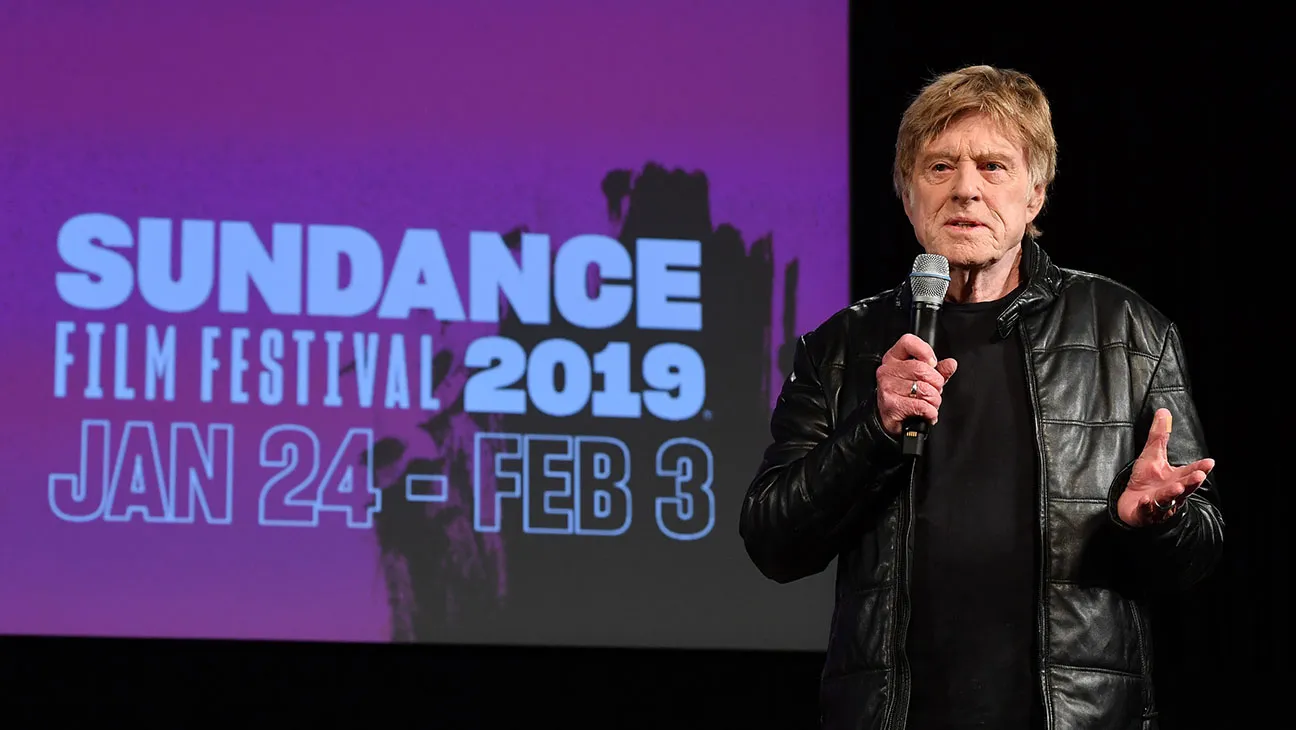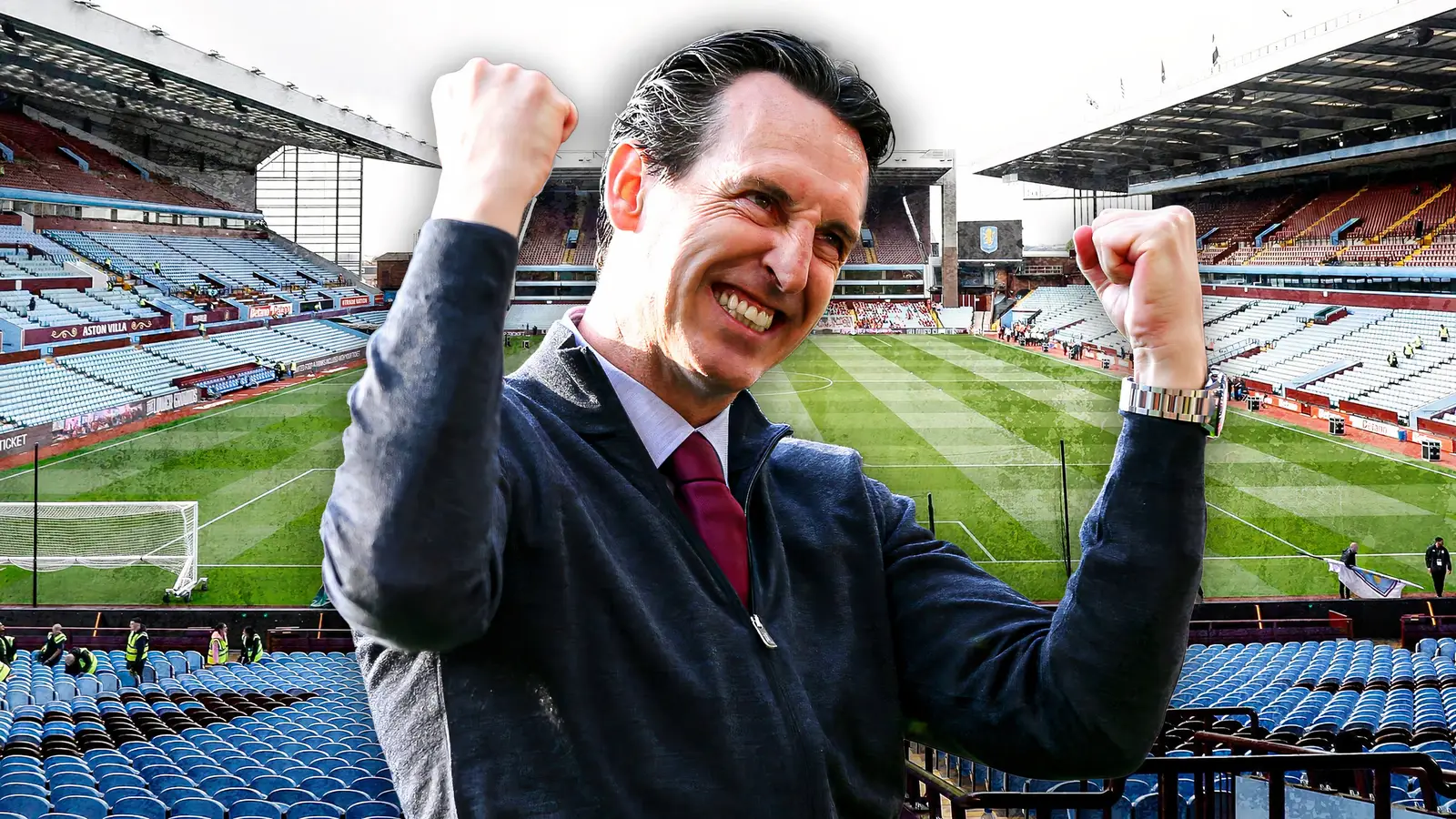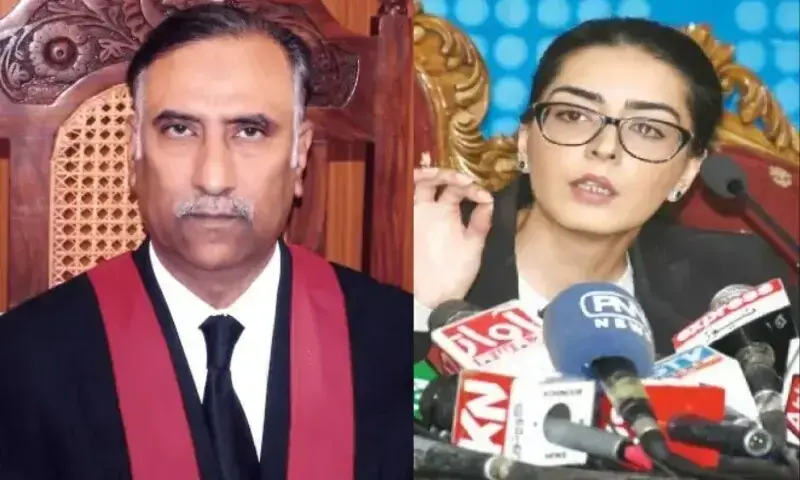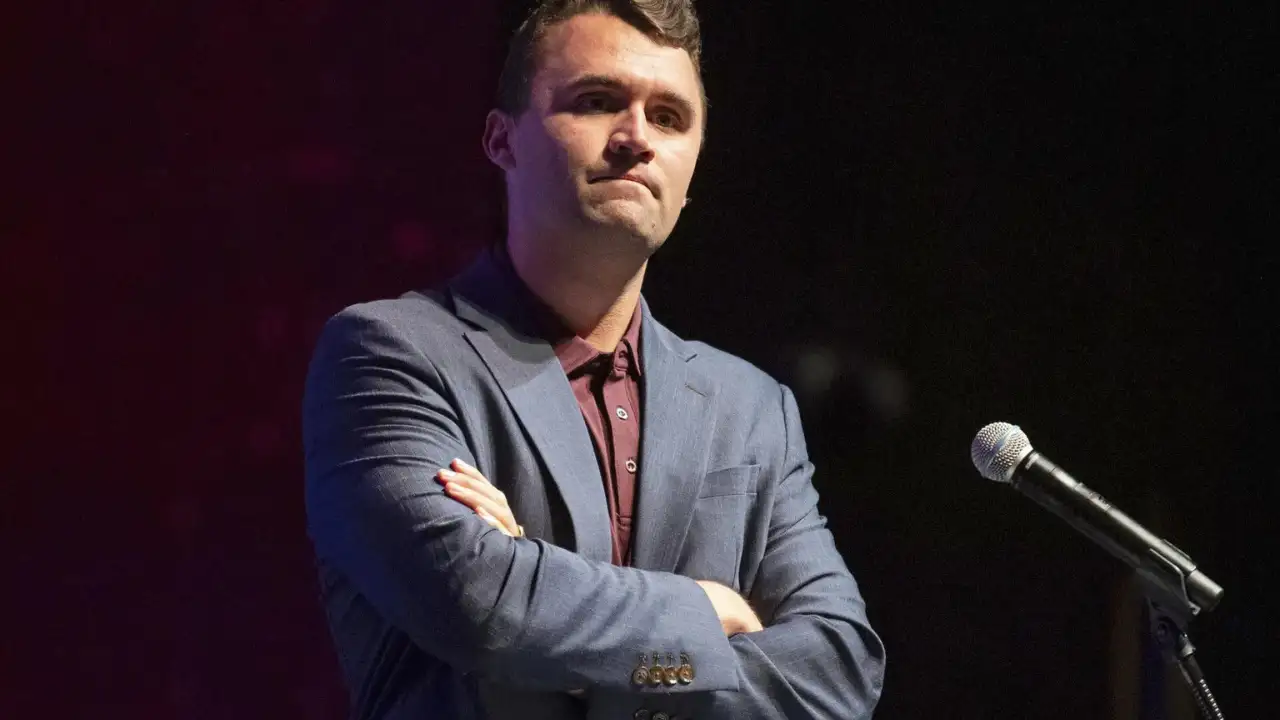
A legend of American independent filmmaking, Richard Linklater is no stranger to the Sundance Film Festival. The Dazed and Confused director has made the trek to the Park City for the better part of the past three decades, with films like Before Sunrise, Boyhood and, most recently, Hit Man.
On Tuesday, after learning of the passing of Sundance Institute founder Robert Redford at the age of 89, Linklater, in Paris for a screening of his latest film Nouvelle Vague, got on the phone to speak about Redford’s legacy in the independent filmmaking community.
What was your immediate reaction to hearing the news of Robert Redford’s passing?
RICHARD LINKLATER I knew Bob had been in not great health the last couple years, so I dreaded this moment. But what an impactful, significant, influential, beautiful, purpose-driven life. I think we’ll be appreciating him more now that we can put it all in context. I’ve been saying this for years: People take Redford for granted. People could nitpick around the edges, but I just can’t think of another person who had the impact on the filmmaking world — and I’m not hyperbolizing — in the way Redford did. He was such a consummate storyteller, and he really cared about artists and people. He was such a giving, generous soul. We can talk about the environment and all these things he cared about deeply, but in the filmmaking realm that I can really speak to personally: He saw these independent films from all over the country. A filmmaker I got to know later in his life, Eagle Pennell from Texas, this wild guy, made a film called The Whole Shootin’ Match in the late 70s in Texas. That was one of the films Redford had seen! He thought: God, there’s talent everywhere, there are people with cinema skills wanting to tell stories, so let’s create this nurturing system. It was such a big idea, to actually get access when you’re a nobody, from nowhere — I speak from experience. You don’t know people, you don’t have access to anything, but you go to [Sundance] and you meet people.
How did Redford, personally, open those doors for filmmakers?
When I first got interested in movies in the early 80s, around this time, every year there were a couple indie films that got out by hook or crook, showing at some obscure film festival somewhere. That was just starting. But as Sundance grew, the industry grew around it, and suddenly there was this indie world parallel to the studios that had its own economics and was self-sustaining to some degree. [Sundance] really deserves a lot of credit and I can’t think of any other person who was more influential on creating this kind of indie world. People complained about the market aspects, saying, “It’s all sellout!” But that was just a very lively economy buzzing along. People started complaining about it from about 1989 on, saying, “Oh, there’s agents here, now. There’s managers talking about money.” But what it was was a pretty healthy world of indie film. So, bless him. I don’t know if he set out to do that, but that was certainly the result. He was just following his impulse to help people.
To what extent did he make Sundance in his own image?
He loved seeing a film from some part of the country he had never seen before. He liked the idea of artists, great actors, great screen readers and directors, filmmakers, expressing themselves, telling their own stories, from wherever they come from and whoever they are. It wasn’t like everyone has to be a mini Redford. No, no, no. Not at all. There was a real divide between Redford, the movie icon, and the Sundance Redford. It was so non-Hollywood, non-movie star.
It’s interesting that it took this person, who was considered Hollywood’s golden boy and a studio star, to take this alternate approach to making films.
I mean, who else did that? Name another movie star. They’re all looking for a good part, and they’ll work with people, but to actually try to actively help storytellers from all walks of life and all parts of our country and the world, it was revolutionary. People take it for granted or we don’t appreciate it enough.
Speaking directly about Sundance. What did it do for your career?
I was there in ’91 with my first film that anyone would care to watch, Slacker. I probably have had as many films that have played at Sundance as anybody, because I didn’t really graduate to studio films. But I was always happy to show at Sundance. I was not a Sundance one-and-done-er by any means. In fact, Slacker played in the competition, which is remarkable. It was such a weird film. I was not a Sundance sensation, but it did help the film. I was back there only a couple of years later. Before Sunrise was the opening night film of the ’95 festival. I was talking to Ethan Hawke today. We were just sharing Redford stories, saying he was so sweet. I got eternal points with my parents and family when they go to a screening, and Robert Redford gets up there and introduces you and sings your praises.



